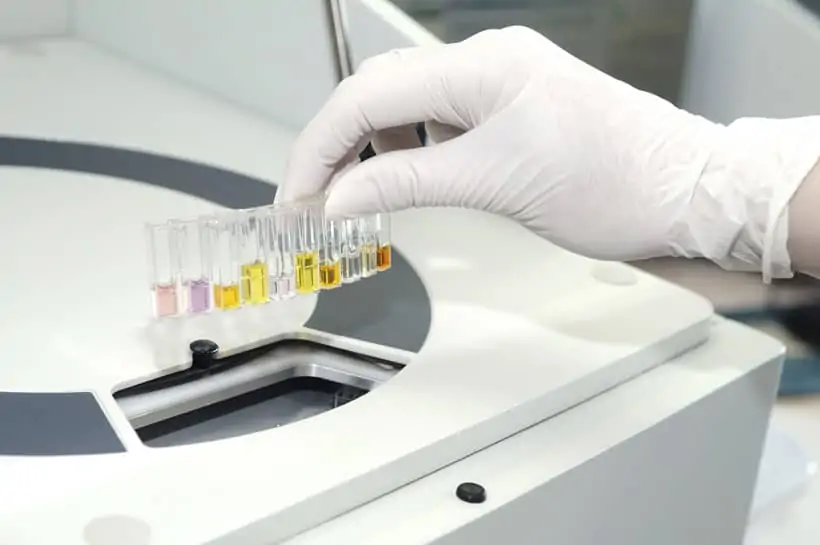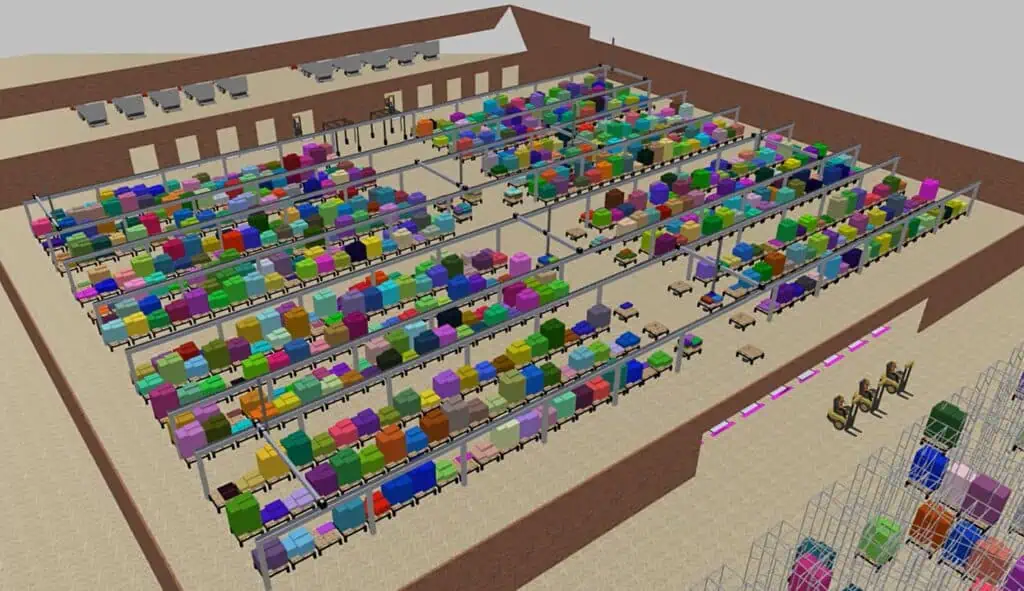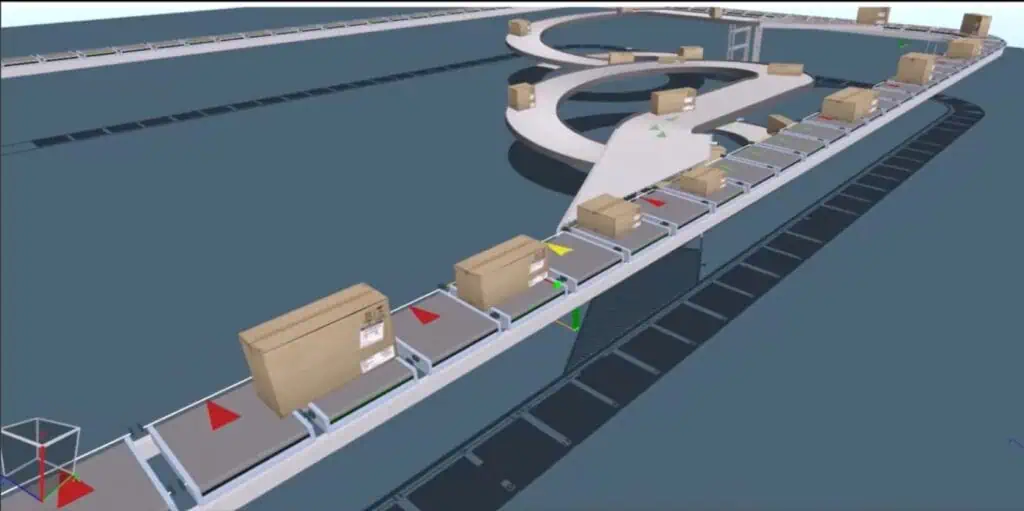A medical device manufacturer needed to understand the throughput impacts of a proposed instrument change. The company also needed to understand if and how scheduling algorithms should change given the proposed physical change to the device.
- Device complexity and high variability in health care systems made simulation modeling a perfect fit to understand the impact of changes to the system.
- The simulation environment was utilized to understand why current algorithms may be sub-optimal and test changes to the sequencing of work in the system.
- The model was delivered with flexible input parameters, so the device manufacturer could continue to experiment with future proposed changes.
Key outcome were:
- The medical device manufacturer found throughput increases met and exceeded the minimum required to move forward with the design modification.
- A suggested change to the scheduling algorithm, resulting from the simulation engagement, increased instrument throughput by an additional 5%.
Other Case Studies
- All
- 3D simulation
- AMR
- Anylogic
- automated mobile robots
- bottlenecks
- conveyor design and implementation
- conveyor physics engine
- Distribution Center
- Emulate3D
- Emulate3D 2024 User Group Meeting
- industrial automation
- Logistics
- material movement analysis and design
- Oil-and-Gas
- order fulfillment
- Rockwell Automation
- Simulation
- slugging options
- terminal simulation
- throughput validation



